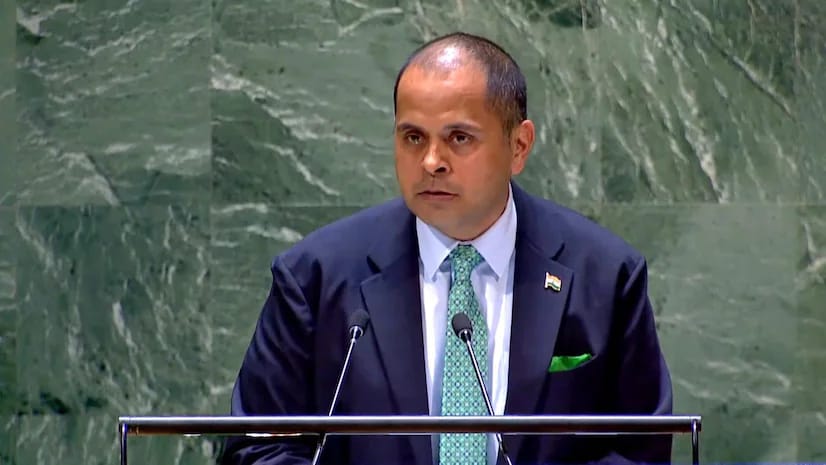India has reiterated its call for reform of the United Nations Security Council (UNSC), arguing that the veto power should either be abolished or extended to new permanent members. In a speech to the General Assembly, Pratik Mathur, a counsellor at India’s UN Mission, proposed that either all nations should have equal voting rights or new permanent members should be given veto power. Mathur dismissed arguments made by some countries against expanding permanent membership, contending that extending veto power to new members would not diminish the effectiveness of an enlarged Council. He argued that the question of veto power should be addressed as part of a comprehensive reform of the Council, with clear timelines established in the Inter-Governmental Negotiations (IGN) for reforms.
Mathur also drew attention to the reality that a select few nations’ actions have caused the IGN process to stall. He claimed that the unanimously approved veto resolution from the previous year “unfortunately reflected a piecemeal approach to UNSC reform, thereby highlighting one aspect while ignoring the root cause of the problem.” India, along with many other nations, attributes the Council’s structural flaws to the post-World War II situation they reflect, which grants the five victorious allies—Britain, China, France, the United States, and Russia—permanent seats with veto power.
According to Mathur, Africa believed that the veto should be eliminated as a matter of principle in order to restructure the Council. But since it already exists, it should be extended to new permanent members out of fairness. Other African representatives, such as South African Permanent Representative Mathu Joyini and Kenya’s Deputy Permanent Representative Michael Kiboino, demanded that the Security Council be reformed immediately and with more urgency than before.
India has offered to temporarily forgo the veto power as a compromise, while still insisting on veto rights for all permanent members in a reformed Council. Last year, the Assembly held debates on three vetoes: one on Russia’s veto of a resolution condemning its invasion of Ukraine, another on Russia’s veto of a resolution condemning its referendums in areas of Ukraine it had annexed, and a third on Moscow and Beijing’s veto of a resolution condemning North Korea’s intercontinental and other ballistic missile tests.

